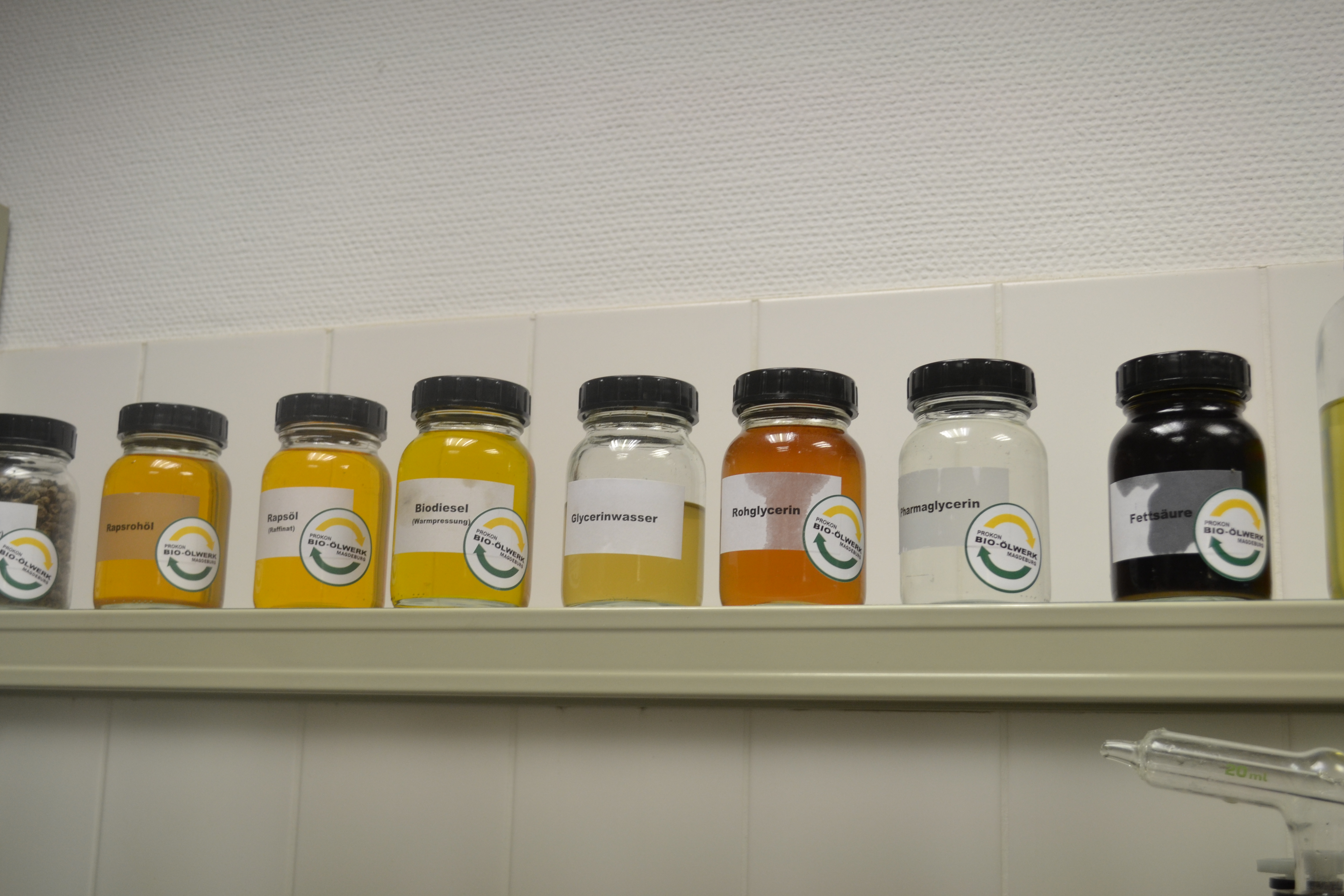16. On the road without fossil fuels

Fossil oil is finite. In Germany, in order to reduce dependence on finite resources, oil companies have to use a minimum share of biofuels via a biofuels quota. Typically, this quota is met by blending biofuels with fossil fuels. In 2014, the share of biodiesel, bioethanol and vegetable oil in total German fuel consumption was 4.9 percent. However, much more would be possible.
Sustainably produced biofuels are good for climate protection. In 2014, the use of biofuels in Germany alone avoided the emission of 5.2 million tons of greenhouse gases. According to requirements of the European Union, biofuels must emit at least 35 percent less greenhouse gases than their fossil counterparts. Starting in 2017, this requirement rises to 50 percent. Due to blending, biofuels can be used in almost all vehicles.
The huge potential for saving energy such as more efficient engines and the expansion of public transport will also have to be tapped.
Until numbers of electric cars significantly go up, biofuels are virtually the only alternative to fossil petrol and diesel. Notwithstanding an increase in electric mobility, biofuels will remain the number one alternative for sustainable mobility concerning freight transport on roads as well as aviation.

Social Media